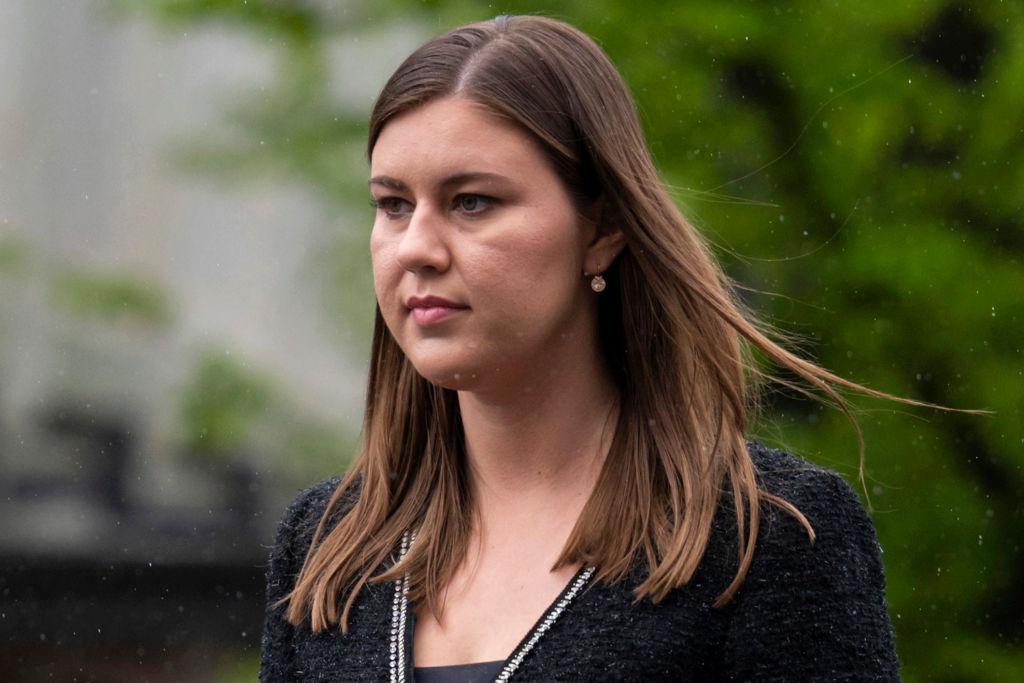Commentary
While our country recovers from the COVID lockdown years, across Australia there are thousands of families who look back to 2021 as the start of a very different nightmare—the year their sons were accused of sexual assault.

While our country recovers from the COVID lockdown years, across Australia there are thousands of families who look back to 2021 as the start of a very different nightmare—the year their sons were accused of sexual assault.